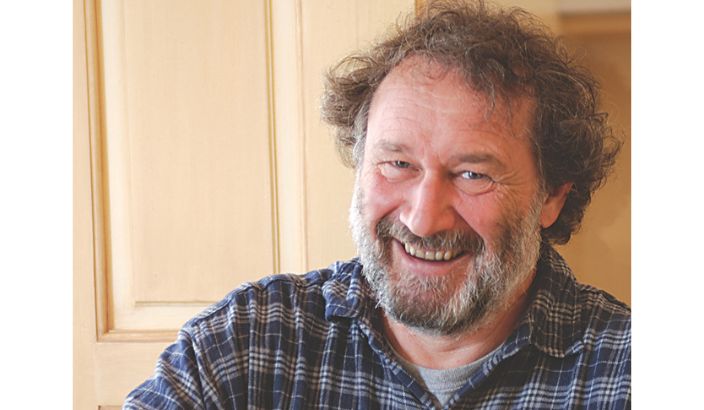The ‘maverick’, genius and tinkerer


Valentin Blattner. Photo: Supplied.
Andrew Ritchie
Swiss-based Valentin Blattner, a pioneer in breeding disease resistant grape varieties such as Cabernet Blanc and Sauvignac, and regarded as something of a ‘maverick’ in the viticulture industry recently spoke to a group of grape growers in Blenheim.
He is described by his colleagues as a maverick, an intrepid genius and a tinkerer, but his work is still groundbreaking today.
Blattner crossed varieties of vinifera with other subspecies, which have become known as ‘Blattner’s’. He relies on traditional field breeding techniques and has a position at the Institute of Ecology and Grape Breeding in Switzerland.
In his early years he worked for a winegrower, but quickly became disillusioned with the weekly spraying of vines and did not want to do viticulture under these conditions, resolving to find an alternative and to grow his own varieties.
He discovered that companies that had produced chemicals for weapons during the war had gone on to produce chemicals to control insects in crops. In the process, beneficial insects were eradicated and groundwater was contaminated.
In 1985 he produced his first variety from his great grandfather’s Kuhlman vines, although he was forced to move to the canton of Jura, where only there was he allowed to grow and breed his own varieties.
In 1991 he produced a white German/Swiss vine called Cabernet Blanc which has a flavour profile between Sauvignon Blanc and Reisling. It is very vigorous, is drought and frost resistant, as well as being resistant to powdery mildew and other fungal diseases that produce bunch rot.
He tried to introduce the variety locally to the Motueka region, but could not impress anyone with its properties, so he took it back to Europe. The variety is now well established in the Palatinate wine region of Germany where its disease resistant properties are appreciated.
The small thick-skinned grapes hang in loose clusters which can hang on the vine into late season producing dessert wines. In Germany Sauvignon Blanc is unpopular due to its lack of flavour when grown under their conditions.
Blattner’s technique is to take pollen from the plant, bringing the resistant properties to a quality variety. The seeds are then sown, and he observes which plants thrive and those that do not. The healthy ones have resistant properties and he then examines how good those genes are.
“Of course, it is not sufficient to just produce a disease resistant plant it — also has to produce an excellent wine.”
Recently he tasted 500 new wine varieties and, in his opinion, found only two good wines. He claims to be able to create a new wine within three years, but such is the level of bureaucracy in Europe it takes 17 years to gain official approval.
Consumers are attaching increasing importance to sustainability and at the same time are keen to try something new. “Looking for new varieties is like an addiction; you are always on the lookout for new possibilities.”
